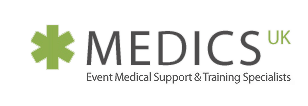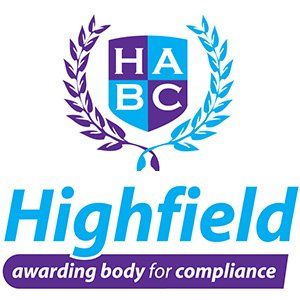Highfield Level 2 Award in Basic Life Support and Safe Use of an Automated External Defibrillator (RQF)
WHO REQUIRES THIS QUALIFICATION?
This qualification is aimed at individuals wishing to take further training or to develop their knowledge and skills in this basic life support. It is recommended for first aiders in the workplace and is also suitable for schoolchildren, as recommended by The Resuscitation Council (UK).
WHO REQUIRES THIS QUALIFICATION?
This qualification is aimed at individuals wishing to take further training or to develop their knowledge and skills in this basic life support. It is recommended for first aiders in the workplace and is also suitable for schoolchildren, as recommended by The Resuscitation Council (UK).
Level 2
Highfield Qualifications
To complete this qualification learners should expect to undertake 5 hours of learning, typically over half a day, with a minimum contact time of 4 hours.
Training Benefits
Awarding body regulated trainers
Training times available to suit your business
State-of-the-art training facilities and equipment
Know your training is viewed as the best in the business
Officially recognised certificates
Your Company will be a safer place to work
Course Details
Entry requirements:
- There are no specific entry requirements for this qualification. However, learners are advised to have a minimum of Level 1 literacy.
- There are no specific age restrictions for this qualification. However, centres must assess the suitability of learners on completing the course and ensure they are able to effectively perform CPR prior to registration.
Upon completion of this First Aid course, you will have passed the following units:
Unit 1 - Basic life support and safe use of an automated external defibrillator.
Qualification Outcomes
You will receive a Level 2 Award in Basic Life Support and Safe Use of an Automated External Defibrillator (RQF) certificate.
In line with industry guidance, after 3 years it is recommended that they sit the course again.
Training also includes how to:
Unit 1
• Manage an unresponsive casualty who is breathing normally
• Manage an unresponsive casualty who is not breathing normally
• Know how to safely use an AED
• Be able to safely use an AED
How to Book
Get qualified to do more of what you love doing
Be taught by the best in the business





